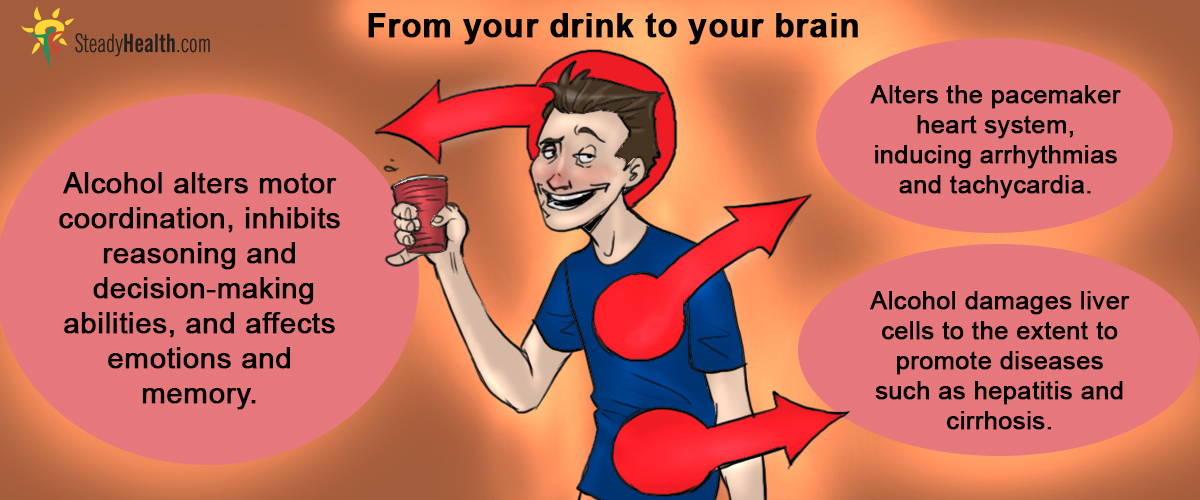

Nathan Kettlewell, a postdoctoral fellow at the University of Technology Sydney, cautions that these recovery statistics are averages, and some people take longer to get back on their feet.

(Here, ‘recovery’ is defined as the time to return to prior levels of wellbeing.) One of the most frightening catastrophes, the death of a child or spouse, averages four years of recovery – but, calmingly, it occurs rarely. Participants averaged fouryears to emotionally recover from major financial losses or health shocks, and three years to recover from divorces. Let’s get the bad news out of the way: in a typical Australian life, the deepest emotional craters come from deaths, marital separation and major financial losses – and these negative events hurt for much longer than positive events uplift. “We were trying to assess some of that complexity.” His study presents an intriguing peek at our intricate, woven lives – and even provides clues to help us predict what’s coming down the pike, and how we’ll feel as a result. “Our lives are full and varied, and have numerous things that go on, some of which are devastating,” says Glozier. For the research, Glozier’s team looked to Australia, which is home to a number of strong longitudinal datasets, including an excellent annual survey targeting diverse Australian households called the HILDA Survey. Understanding this holistic impact inspired Nick Glozier, a professor of psychological medicine at the University of Sydney, to conduct a study on the emotional wellbeing and life satisfaction of 14,000 people across 16 years, as participants weathered 18 common life events: deaths, family additions and subtractions, job changes, criminal events, health problems and financial swings. But these studies don’t account for other contemporaneous life events. Still, research on the psychological impact of major events frequently focuses on singular events or categories, such as career job loss, for example, has its own research oeuvre drilling into the granular details of how unemployment affects the psyche. You feel both shattered and uplifted, simultaneously.Įach of these events has an effect on you – and they combine to create a complex psychological experience in which just looking at one event doesn’t tell the whole story of their impact. For instance, imagine that your life is blighted by a pandemic trauma.

Our psychological experiences don’t happen in a vacuum.


 0 kommentar(er)
0 kommentar(er)
